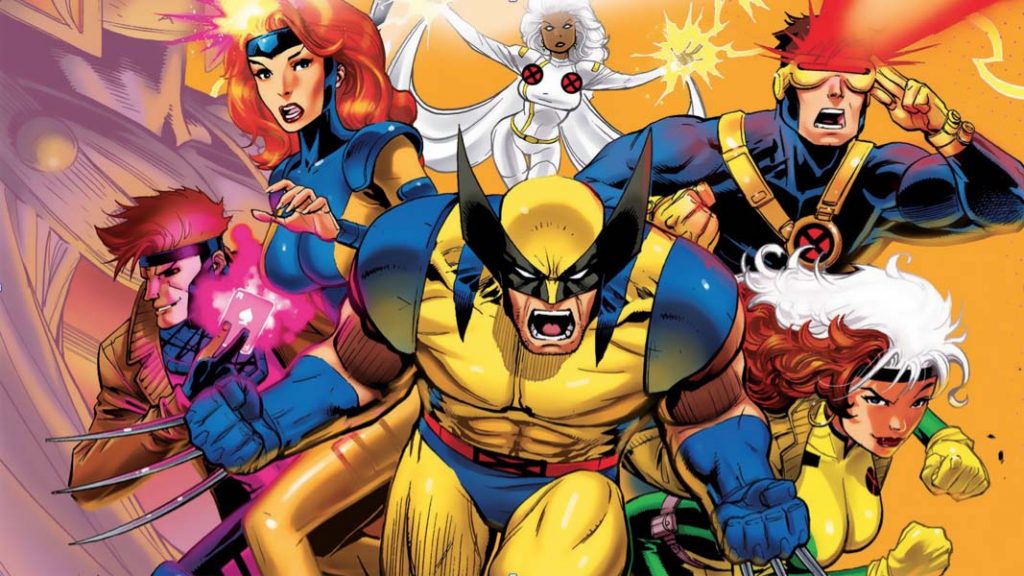What can the Marvel comics teach us about political theory?
Quite a bit says Nicholas Tampio, PhD, associate professor of political science. Tampio will be teaching a course for the second summer session in which Wolverine will loom large. The course, Political Theory in Popular Culture, will thread scholarship together with superheroes.
Tampio said that the X-Men and Avengers movies that have been so popular over last decade reflect their times in the same manner the sagas did when they were introduced as comics in the 1960s. He paraphrased French philosopher Jacques Rancière on political aesthetics, who said that the way we organize experience affects how we act politically.
“I’m interested in the political aesthetics that the X-Men can help us see,” Tampio said.
Students will address how the Marvel Comics emerged out of the Cold War, how Marvel movies express the American identity in the post-9/11 world, and how the Marvel Universe tried to rethink its treatment of women, the LGBTQ community, the natural world, and religious minorities.
“The characters address major problems facing our time,” said Tampio. “Back in the early sixties the comics were a product of the nuclear age, and nuclear war was the threat. Today it is more a question of technology being the threat.”
Tampio said that most of the major political ideologies that emerged in the 19th and 20th centuries could be explored in the series: liberalism, conservativism, socialism, anarchism, nationalism, fascism, ecologism, fundamentalism, and multiculturalism.
The course will use Andrew Heywood’s Political Ideologies as its textbook and a variety of journal articles, including Robert Gentner’s 2007 piece from The Journal of Popular Culture, “With Great Power Comes Great Responsibility: Cold War Culture and the Birth of Marvel Comics.”
Tampio cited several examples of ideology in Marvel media that might spur conversation. He noted that X-Men was created to appeal to an international audience: Colossus is Russian, Storm is from Kenya, and Nightcrawler is from Germany.
“X-Men happens at the same time as the Civil Right movement,” he said. “The mutants are different from everybody else, so the story of the X-Men is the story for equal recognition.”
“They’re expressing the sentiment of the age.”

